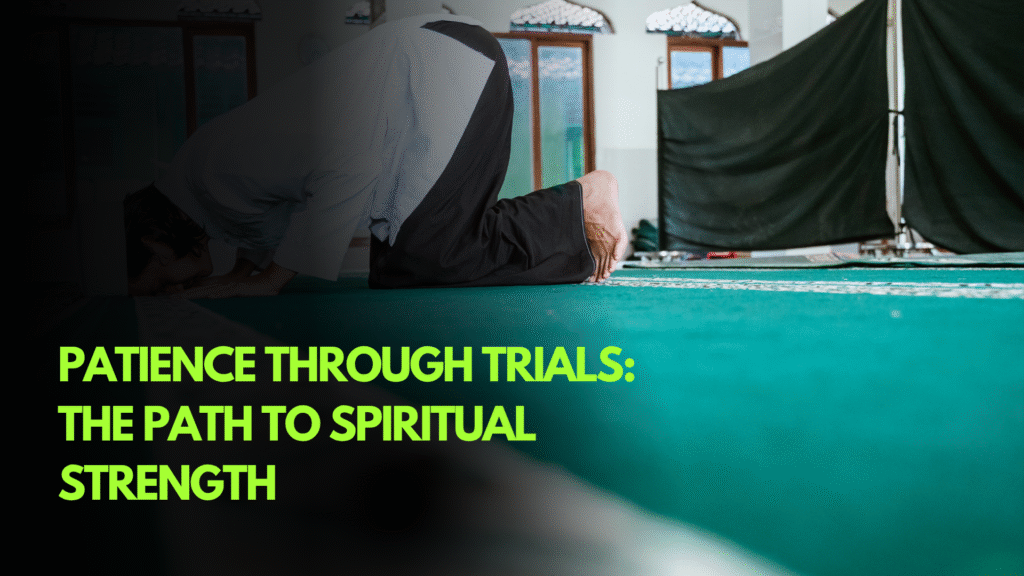The Picking Numbers Strategy: A Practical Problem-Solving Approach
The picking numbers strategy simplifies complex quantitative problems by swapping abstract variables for concrete, permissible values like 100 for percentages or the LCM of fractions, making arithmetic intuitive and error-proof across scenarios from “must be” tests to variable-laden options. Avoid tricky numbers like 0 or 1 initially to prevent distortions, then practice deliberately to master this versatile tool that builds confidence and speed in problem-solving.









